Small jails struggle with overcrowding
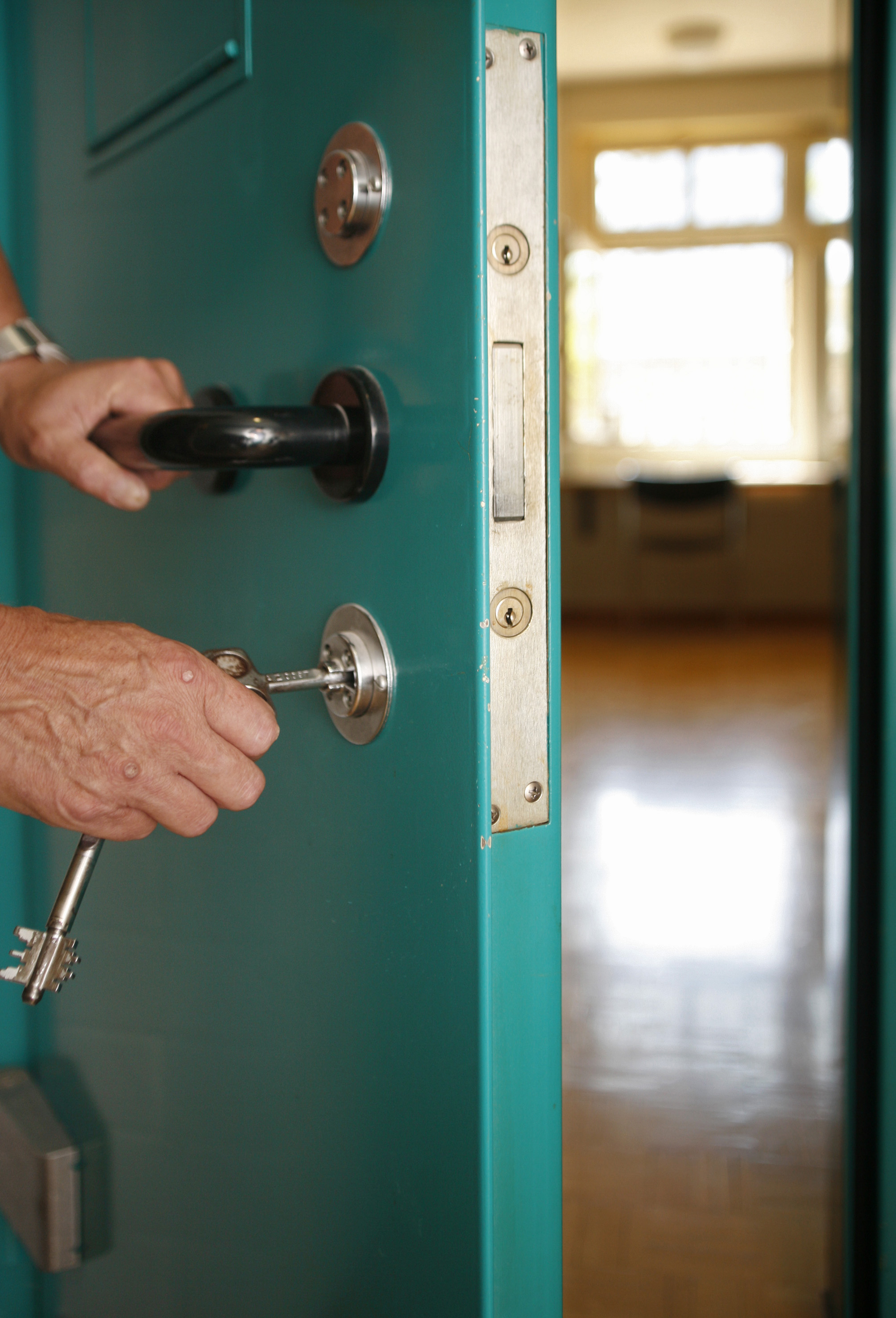
Switzerland’s main prisons are overcrowded, forcing the authorities to leave more than 300 criminals in smaller local jails that are not always up to the task.
A visit to Bern’s regional prison, not far from the city centre, highlights the problems faced by the smaller establishments as they struggle to meet the many demands they face.
Inside the jail, which opened in 1974, there’s plenty of coming and going during the day: people visiting prisoners, men in handcuffs being transferred, and detainees being taken to the covered courtyard for their daily exercise.
Around 20 men, mostly young foreigners, get to spend an hour in the fresh air, playing table tennis and table football under the watchful eyes of uniformed guards. The rest of the time, they are locked up in their cells, usually alone.
It’s also where they take their meals. “It’s tough,” admits prison director Marlise Pfander. “They often suffer from massive stress.”
The tiny cells contain a bed, a table with chair, a television and a toilet along with a wash basin. The window is barred and the walls are covered in graffiti in various languages.
The detainees are allowed books, writing material and a few personal belongings. Computers and mobile phones are banned.
Objects containing metal are banned to avoid prisoners harming themselves. The most recent suicide took place only a few weeks ago.
Nothing to do
Most prisoners are being held while their case is being investigated. But there are also detainees awaiting deportation or others sentenced to short prison terms.
Many prisoners are also waiting for a transfer to one of the country’s main security facilities. They often spend up to six months in a regional jail because of overcrowding in the other prisons.
“They spend 23 hours a day in their cells, receive no therapy and have nothing to do. We are not set up for prisoners with longer sentences,” Pfander told swissinfo.ch.
The director, who has been overseeing the prison for six years, says only a handful get to work, either in the kitchen, cleaning or as part of the packing service.
The jail itself has been chronically overcrowded for months. Working areas have been transformed into emergency cells, library space reduced and office surfaces are at a premium, according to a probation officer.
When detainees share a cell, fights are also more common. “Overcrowding leads to more stress. The prisoners already have plenty of problems, and sometimes a marriage or a relationship collapses,” he said.
Treated humanely
Despite the difficult conditions, Pfander, nicknamed “Prison Mama” by the detainees, tries to ensure they are treated humanely.
“We treat them all the same, irrespective of their origins, religion or past crimes,” she said. “It’s not for us to judge them – that’s someone else’s job.”
She knows the names of the long-term prisoners and those of a few of the “regulars” (usually convicted for drug crimes). She listens to their complaints and visits them often in their cells despite criticism from some members of her staff. She’s never afraid.
“That I am a woman close to the age of 60 is certainly an advantage,” Pfander said. “They see me as a sort of mother figure and usually treat me respectfully.”
Overcrowding also affects the staff, she said. “They have less time for the prisoners and face increased stress.”
Wardens must accompany detainees to the shower, for their daily exercise, keep an eye on the cleaning, deliver meals and take them to the doctor as well as plenty more.
“Just imagine: when they hand out breakfast first thing in the morning, they are immediately insulted – really badly,” Pfander said. “And they have to ensure there is peace and quiet. A lot is expected of the staff.”
Tough and intense
The director faces her own share of demands. She says her job is tough and intense, but she enjoys it.
“But you have to like people to make it work,” she said. “You also have to have graduated from the school of life.”
Down below, daily exercise is over for the prisoners and it’s back to their cells. Last event of the day: the evening meal.
The staff has prepared dinner with help from six detainees. On the menu: fried potatoes with onions and sausage – made from chicken for the Muslim inmates. There’s also a vegetarian option.
There are 114 detention centres in Switzerland with places for 6,683 inmates.
In 2009 there was a total of 6,084 people under lock and key (+5% compared with 2008), the second highest level in a decade. Women accounted for 6% of the prison population, and teenagers 1%.
On the office’s reference day – September 2 – 1,888 people were being held in detention. A further 3,603 were serving time, while 411 were waiting to be expelled from the country. The 182 others were being held for a variety of reasons.
Foreigners represented 70% of those in detention.
Switzerland’s most overcrowded prison, Champ-Dollon jail in Geneva, was built in 1977 to hold 270 prisoners but today averages nearly twice as many. In mid-January 2009 there were 502 detainees. Around 60% of people held there are in investigative custody.
In Switzerland there are two sets of sanctions for crimes – penalties (e.g. prison sentence) and preventive measures (such as preventive detention or therapy).
In most cases only penalties are applied. But if the person is deemed a danger to the public, a preventive measure can also be imposed.
Life sentences are imposed for a small number of crimes such as murder, hostage taking and crimes against the sovereignty of the state. A prisoner is eligible for early release after 15 years if they are no longer deemed a risk.
In 2004 Swiss voters accepted an initiative to make mandatory the lifelong incarceration of sexual and violent offenders having committed a life sentence crime (e.g. murder). This was found to be legally problematic, so parliament ruled that early release could be offered to these offenders. But the procedure for obtaining this is so sophisticated, that it is in practice not very easy.
(Translated from German by Scott Capper)

In compliance with the JTI standards
More: SWI swissinfo.ch certified by the Journalism Trust Initiative
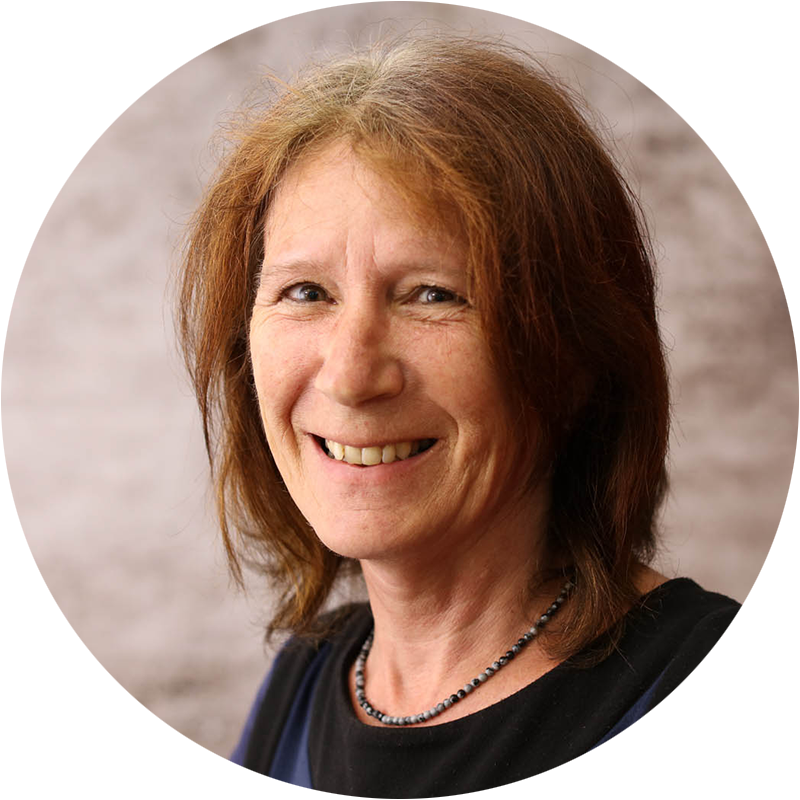

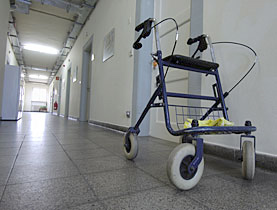
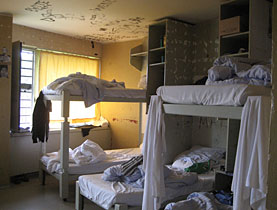
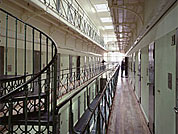
You can find an overview of ongoing debates with our journalists here. Please join us!
If you want to start a conversation about a topic raised in this article or want to report factual errors, email us at english@swissinfo.ch.